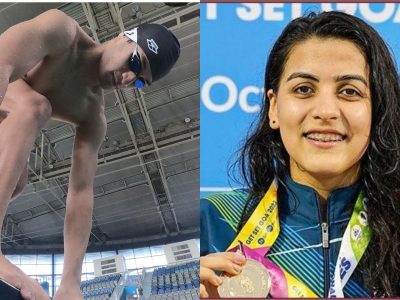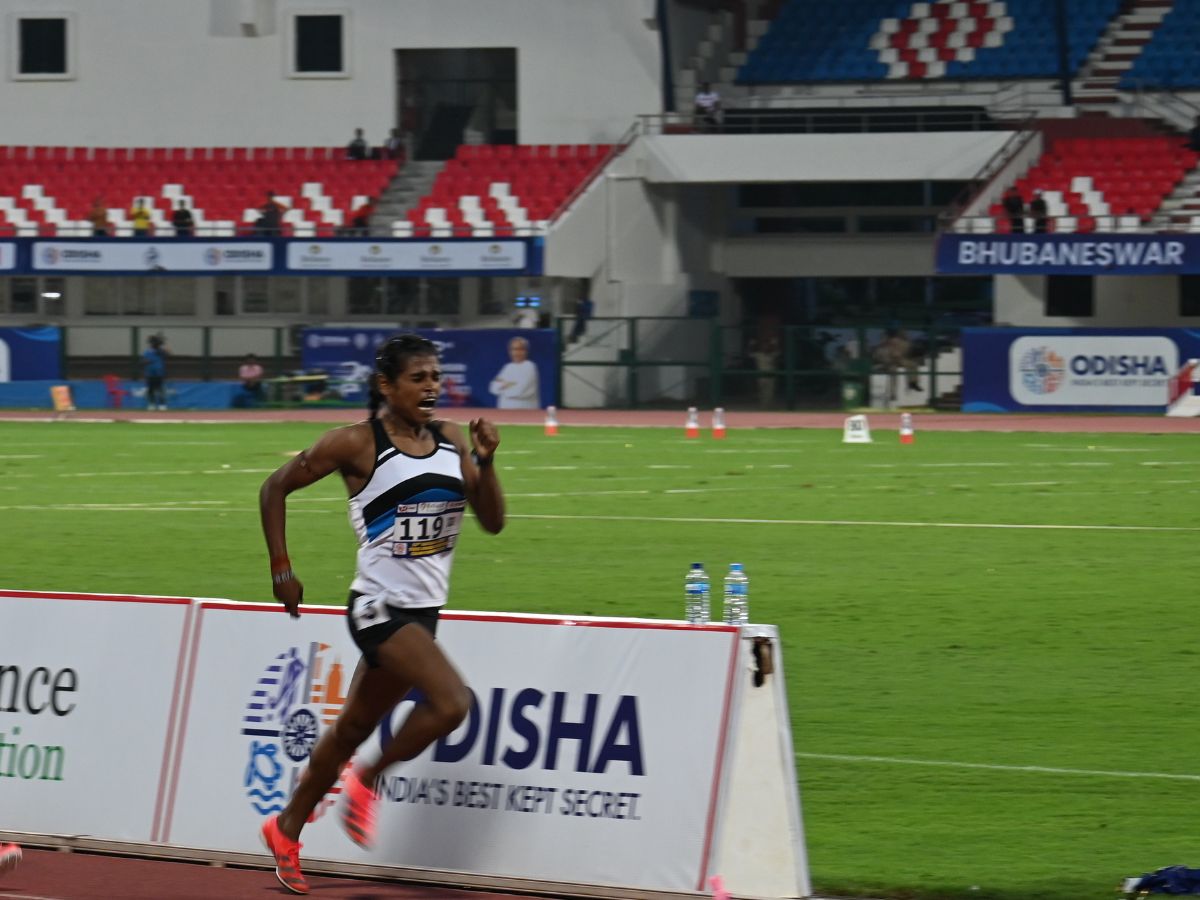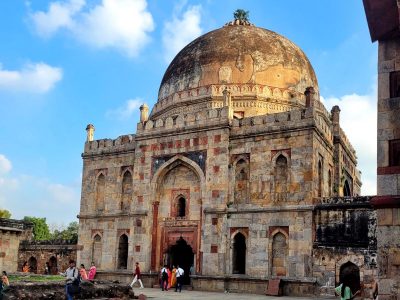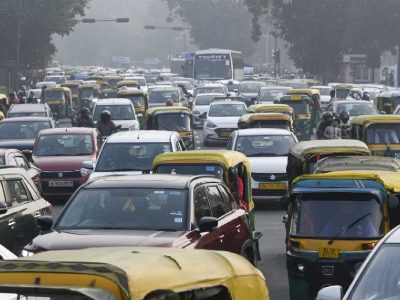The fortnight-long National Games, which concluded on November 9 in Goa, provided a few Delhi athletes an opportunity to overcome the disappointment of the Hangzhou Asian Games where they could not make an impact despite India returning with a record 100-plus medals.
Middle distance runner Chanda KM and swimmer Kushagra Rawat won multiple medals, including gold, as they took a step to overcome the disappointment at Asian Games.
Chanda, 22, cut herself from the rest of the world after the continental games. Winning 800m gold and silver in 1500m at the National Games gave her some respite.
“Despite hard work and a good show in the build-up weeks to Asian Games, I wasn’t able to win a medal,” she said.
“My performance in Goa will help me recover from the not so encouraging show in Hangzhou. I didn’t push hard in the two races I competed in but the National Games was an opportunity to recover from the bad outing in China.”
Being the fastest 800m female athlete of the country this season, Chanda was considered one of the strongest contenders for a medal in Hangzhou. Her season best was 2:01.85 seconds.
According to Chanda she wasn’t able to cope with the rough tactics during the 800m final race at the Asian Games, which precipitated the crisis.
“I was pushed and elbowed as I was jostling for the inner lane in the opening lap of the 800m race. I didn’t adopt rough tactics [in response] for fear of being disqualified,” she said.
Chanda had to run wide in the third lane during the middle section of the race. Worst, in the final stages she couldn’t respond and shift gears and eventually finished outside the medal bracket.
“My mind and body weren’t in sync in the closing stages of the race. I finished outside the medal bracket. It badly hurt me,” she recalled.
Chanda’s case underlines the importance of having regular sessions with a sports psychologist for mental well-being of the athletes.
Maithili Bhuptani, lead sports psychologist at the Reliance Foundation Youth Sports said mental training is sometimes inadvertently ignored when an elite athlete is practicing hard for a major competition. “Both mental and physical training should go hand in hand,” said Maithili.
Maithili claims mental training differs from individual to individual and takes long for the player to adapt.
“The human brain doesn’t respond to sudden changes. Regular mental training sessions are a must,” the sports psychologist added.
Kalyan Chaudhari, national athletics coach overseeing middle and long-distance camp at Bengaluru’s Sports Authority of India (SAI) Complex said the support staff regularly interacts with athletes.
“Chanda too had a session with a sports psychologist ahead of the Asian Games,” Chaudhari said.
However, after shockingly finishing outside the medal category, a disappointed Chanda locked herself in a room for over a fortnight and preferred not to speak to anyone.
“I think It will take time for me to recover from the shock defeat and focus on the challenging 2024 season,” Chanda added before adding that the athletics competition during the National Games in Goa was like a soothing balm to her mind.
Delhi’s international swimmer, Kushagra Rawat, too wasn’t impressive at the Asian Games. The freestyle swimmer who competes over a distance of 400m, 800m and 1500m, was also under stress, said his father, Hukam Rawat.
The Delhi swimmer changed his coach and managed to mentally and physically recover and bounce back in the swimming competition at the National Games. He claimed three gold medals—400m, 800m and 1500m — improving the National Games time.
“We are satisfied with his performance. Hope he (Kushagra) will continue to build up on the good work done in Goa,” said Rawat senior.
According to Kushagra’s parents, there are so many things at stake during domestic and international competitions that the player is bound to have some negative vibes.
“There is pressure to win medals. There is pressure to get a job. Everything is co-related and sometimes the player wilts under pressure,” added the father.
“There should be a good ecosystem to strengthen the mindset of the athlete.”
Apart from Kushagra, Delhi’s Bhavya Sachdeva was also outstanding during the swimming competition at the National Games. Bhavya, who has already left for Australia where she trains and is the daughter of former national-level swimmer Bhanu Sachdeva, claimed three gold medals in 400m, 800m and 1500m.
Delhi’s Asian Games silver medal in decathlon, Tejaswin Shankar, 24, dominated the multi-discipline event at the National Games as expected.
“I’m here at the Goa National Games to motivate others,” Shankar said after winning gold with a tally of 7199 points.

Thrower Sahib Singh won Delhi’s fourth medal in athletics, a bronze in men’s shot put.
Besides athletics and swimming, the Delhi contingent also won medals in other disciplines, including wushu and lawn bowls.
Delhi won over 80 medals in the National Games, including 22 gold, finishing inside the top 10 in the medals tally.
The Delhi contingent won gold medals in table tennis (1), cycling (1), archery (2), athletics (2), wushu (2), taekwondo (2), pencak silat (3), judo (3) and aquatics (6). Besides Chanda KM, Tejaswin Shankar (athletics), Kushagra Rawat and Bhavya Sachdeva (swimming), judokas Yash Vijayran (plus 100kg), Tulika Maan (plus 78kg) and Arun (below 73kg) also won the yellow metal.





